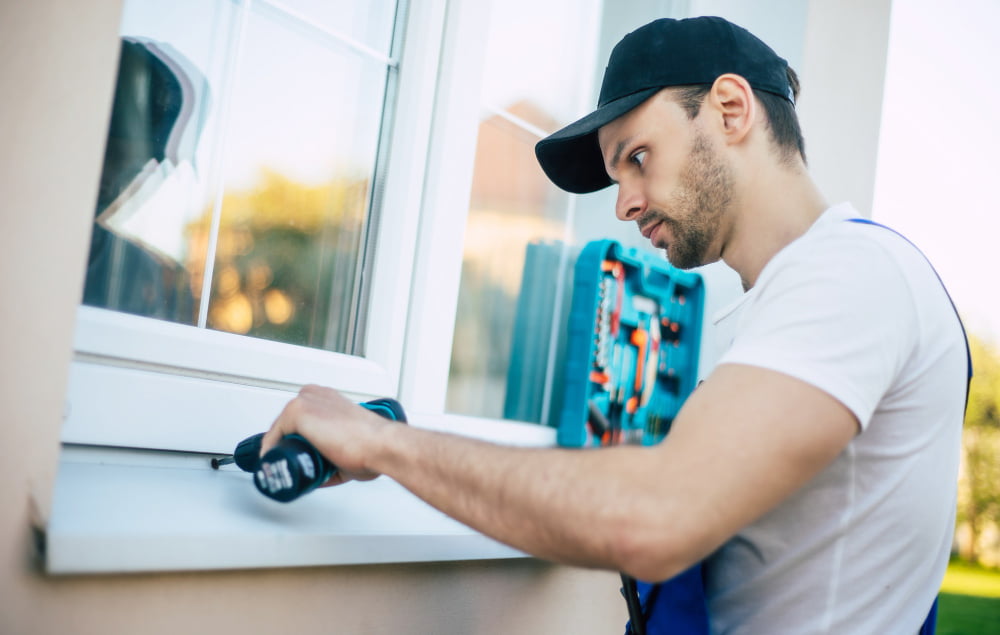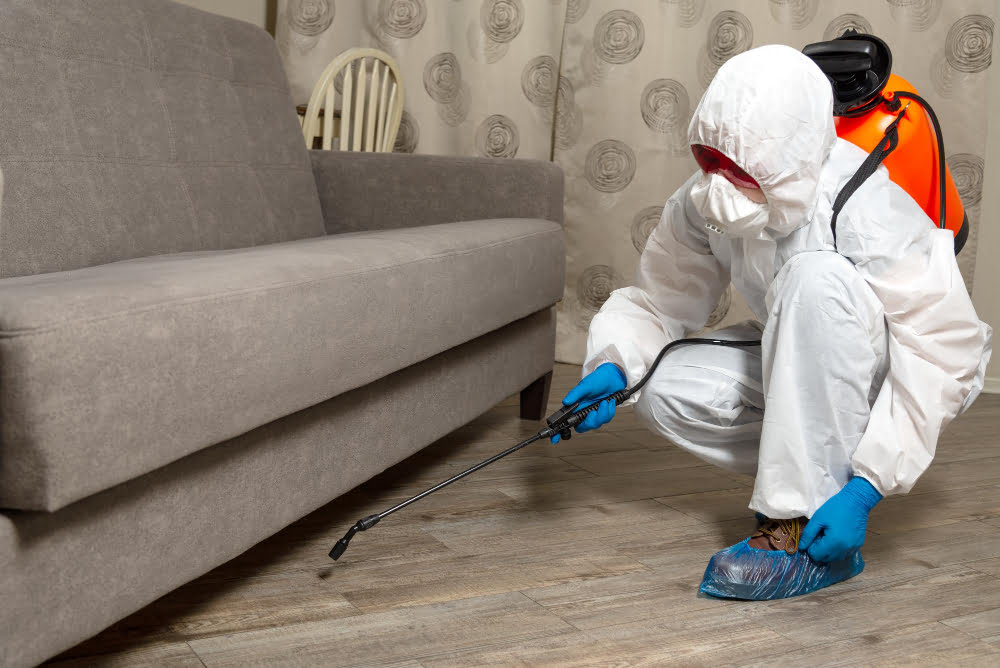Last updated on
Homeownership comes with its joys and challenges, and one of the less enjoyable aspects is dealing with pests. Unwanted intruders can quickly turn a cozy home into a battleground. To keep your living space safe and comfortable, it’s crucial to implement effective pest prevention measures.
Fortunately, with some strategic planning and consistent effort, you can significantly reduce the risk of infestations. In this article, we will explore some comprehensive pest prevention tips that will help you safeguard your home and maintain a pest-free environment.
Fortifying Your Home’s Defenses

The first line of defense against pests is to deny them entry into your home. Pests such as rodents, insects, and even small animals can find their way inside through the tiniest openings.
Conduct a thorough inspection of your home’s exterior, paying close attention to potential entry points like gaps around windows and doors, cracks in the foundation, and openings around utility pipes. Seal these gaps with weatherstripping, caulk, or other appropriate materials to create a formidable barrier.
Additionally, check for gaps around utility entry points, such as where pipes and wires enter your home. Use steel wool or other suitable materials to block these openings, as pests like mice can easily chew through softer materials.
Properly sealing entry points not only prevents pests from infiltrating your home but also contributes to energy efficiency by reducing drafts. This proactive approach forms a crucial aspect of long-term pest prevention, creating an inhospitable environment that deters pests from considering your home as their next residence.
Maintain a Clean and Clutter-free Environment

Pests thrive in environments where they can find food, water, and shelter. By maintaining a clean and clutter-free home, you disrupt these essential elements of their survival. Start by regularly cleaning and sanitizing your kitchen, where crumbs and food residues are a magnet for pests.
Store food in airtight containers, and promptly fix any leaks to eliminate potential water sources. Regularly vacuuming and sweeping your living spaces will remove any debris that could serve as a hiding place or breeding ground for pests.
In addition to cleaning, decluttering your home is a powerful pest prevention strategy. Piles of newspapers, cardboard boxes, and unused items create hiding spots for pests.
Dispose of unnecessary clutter, organize storage areas, and keep items off the floor to reduce potential hiding places for pests. A clean and clutter-free home not only makes it less appealing to pests but also allows you to detect any signs of infestation early, enabling you to take swift action before the problem escalates.
Invest in Professional Pest Control

While proactive measures are essential, sometimes pests manage to infiltrate despite your best efforts. In such cases, it’s crucial to have a professional pest control plan in place. Regular inspections by pest control professionals can identify potential issues before they become full-blown infestations. Pest control experts can also provide targeted treatments to eliminate existing pest problems effectively.
Investing in a pest control service is not just reactive but can also be a strategic defense strategy. Many pest control companies offer preventive treatments that create a protective barrier around your home, deterring pests from even attempting to enter.
As explained by professionals at BrantfordPest.ca, these treatments are often safe for humans and pets but deadly for pests, providing a long-lasting solution to keep your home secure. Collaborating with professionals ensures that you have access to the latest and most effective pest control methods, offering peace of mind and a reliable shield against potential pest threats.
Harnessing Nature’s Power Against Pests

Incorporating natural repellents into your pest prevention arsenal can be an eco-friendly and effective strategy. Certain plants and substances have inherent pest-repelling properties. Consider planting mint, basil, or lavender around your home, as these plants are known to deter insects.
Additionally, essential oils such as citronella, peppermint, and eucalyptus can be mixed with water and sprayed around entry points to create a natural barrier. These environmentally friendly alternatives not only keep pests at bay but also add a pleasant aroma to your living space. By harnessing the power of nature, you enhance your pest prevention efforts with sustainable and chemical-free solutions.
Eliminating Pests’ Buffet
Waste management is a critical aspect of pest prevention that is often overlooked. Garbage bins, if not properly sealed, can become a smorgasbord for pests. Implement a routine waste disposal schedule and use bins with tight-fitting lids to minimize odors that attract pests.
Make sure to separate recyclables and dispose of them regularly. Clean your garbage bins regularly to eliminate any residue that might appeal to pests. By addressing waste management conscientiously, you remove a significant attractant for pests, contributing to a healthier and pest-resistant home environment.
In the quest to keep your home safe from pests, a holistic approach is key. From sealing entry points and maintaining cleanliness to leveraging natural repellents, investing in professional pest control services, and managing waste effectively, each strategy plays a vital role.
The interconnected nature of these efforts forms a comprehensive defense, ensuring that your home remains a sanctuary free from the disruptions of unwanted intruders. By adopting these practices consistently, you not only protect your living space but also contribute to a more sustainable and harmonious coexistence with the diverse ecosystem around you. Stay vigilant, stay proactive, and enjoy the peace of a pest-free home.
Recap:



